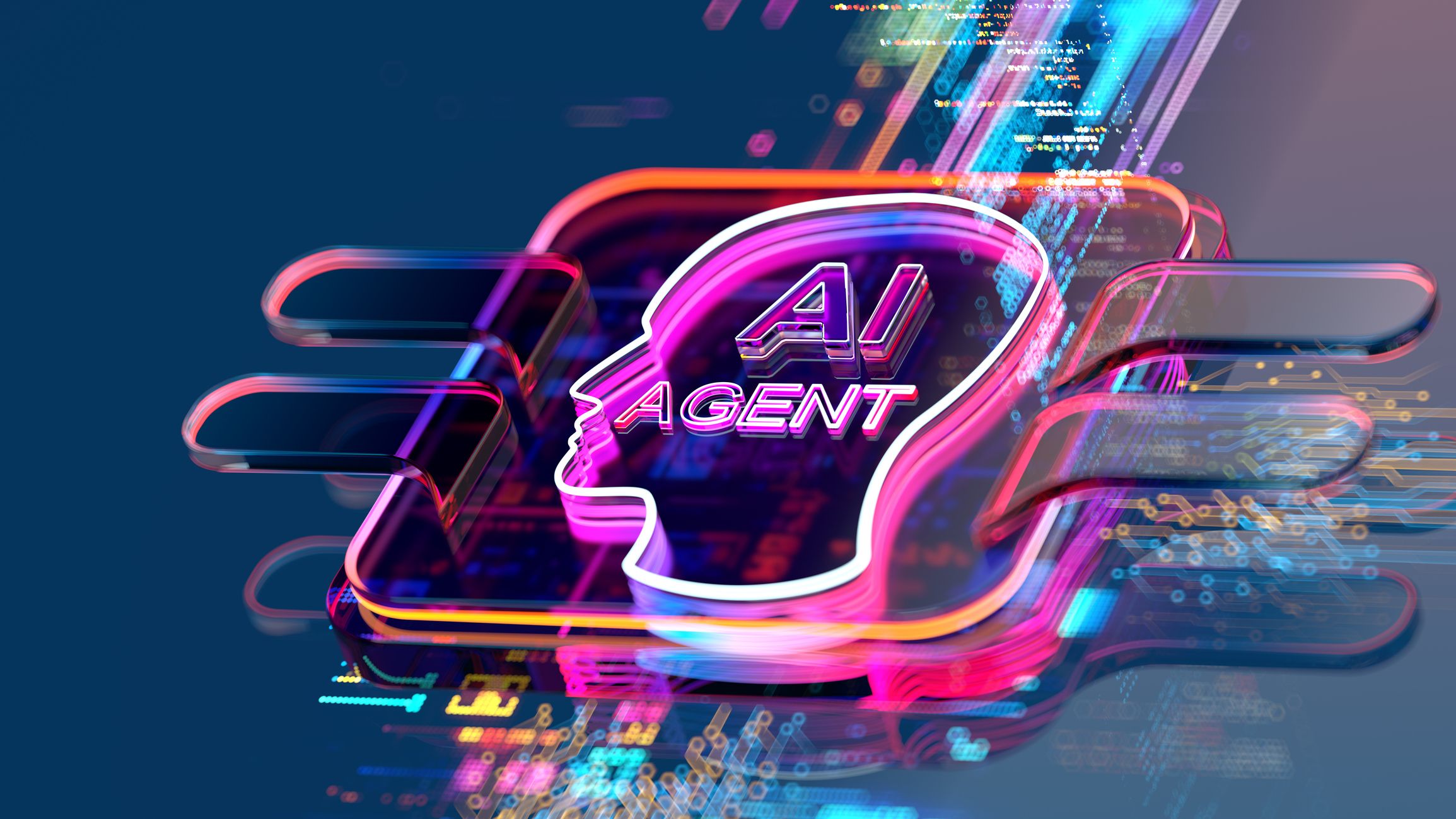
"As AI adoption enters its next phase, businesses are looking beyond and conversational assistants toward a more transformative concept: . These autonomous systems don't just respond but proactively complete tasks according to changing variables. They can plan, reason, and execute tasks across multiple applications and data sources, taking AI from assistant to autonomous collaborator. Yet amid all the excitement, the mood in the industry is mixed."
"For most organizations, the shift from copilots to AI agents represents a profound architectural evolution. Instead of supporting humans in narrow tasks, agentic systems coordinate across entire workflows. At Lenovo, this transformation is already underway. "We're building AI Super Agents, cognitive operating systems that direct multiple domain-specific agents," Kurtoglu explains. "These agents don't just automate tasks; they interpret complex signals, make decisions, and evolve through self-learning.""
Agentic AI comprises autonomous systems that proactively complete tasks according to changing variables, planning, reasoning, and executing across multiple applications and data sources. Industry reactions are mixed, with optimism about proactive capabilities and skepticism about integration complexity and high failure rates. Agentic systems represent an architectural shift from copilots to orchestrators that coordinate entire workflows rather than narrow tasks. Lenovo is developing AI Super Agents that direct domain-specific agents, interpret complex signals, make decisions, and self-learn. Use cases include supply-chain orchestration to detect disruptions, reassign tasks, and optimize dependencies in real time. Orchestration concepts are emerging across sectors, but dependable enterprise deployment remains challenging.
Read at IT Pro
Unable to calculate read time
Collection
[
|
...
]